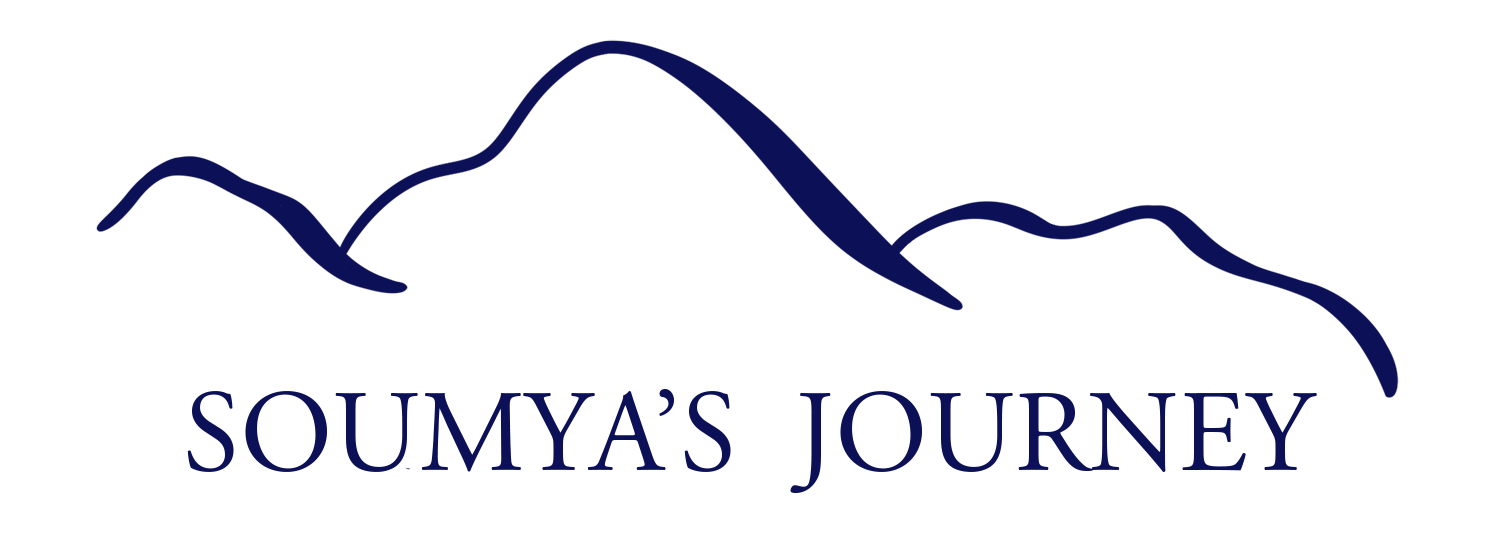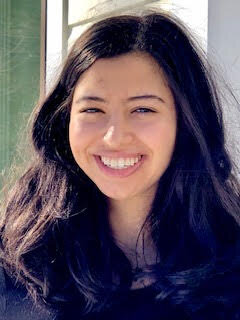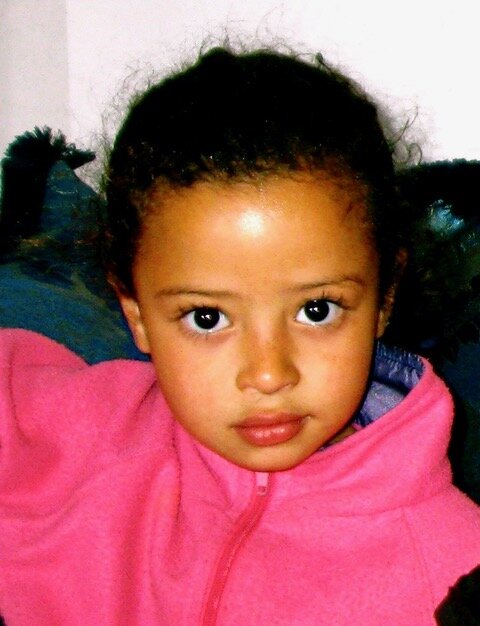I grew up in Morocco and from a young age, identified as Arab. That is…. until I received my 23 andMe test results. My results showed that my bloodline is pure North African. It surprised me to learn that none of my ancestors had mixed with people of Arab descent as Arabs have lived in Northern Africa for so many centuries. The people of my culture even speak Arabic and use their alphabet, yet I am 100% North African.
This newfound knowledge peaked my curiosity, so I dug deeper into the history of North Africa and its original people. I want to share with you what I learned. I am a full-blooded Amazigh (Berber). The Amazigh people are the indigenous people of North Africa. The Amazigh people are also known as Berber, which comes from the Greek word "Barbaroi''. The word refers to people who did not speak Greek. "Libyans”, “Celts”, and “Numidians” were also called Berbers. Over time, the original meaning of the term has become distorted and many associates the label with the word “Barbare”, meaning primitive or uncivilized. The indigenous people of North Africa have therefore adopted the term Amazigh, meaning “Freedom”. This new term is important because Berbers have witnessed the Arabic culture and rules overtake their traditional way of life.
Amazigh people do not have a written history. The first record of the indigenous people of North Africa was documented by the Egyptians around 1295 BC. They worshipped the sun and the moon. Their drawings or carvings are thought to be the precursors to Egyptian hieroglyphs. Despite multiple attempted invasions, the Amazigh monarchs ruled until the arrival of the Muslims.
The Arabs rode into North Africa in the 7th century, almost 2000 years later. Damya (al-Kahina in Arabic), a Berber queen and military leader, led an indigenous resistance against the Muslims for five years. The vague facts point to the fact that she was Christian but mixed her beliefs with those of Judaism and paganism. She died protecting her people. She became a symbol of feminism. Once defeated, the Amazigh people assisted rather and resisted the Arabs. The history of the two very different cultures became intertwined and complicated.
I was excited to learn that women had played a big role in Amazigh society. These women had more power than the Arab women. They were the public symbol of Amazigh culture. They controlled the lands and camps. They had the power to choose their husbands, own property, divorce, lead wars, be part of administrations, and did not wear veils or hide. This discovery about my ancestors exalted me; however, I was shocked that I was never told of this remarkable history by any of my family members. My goal is to educate my family and friends about the unique history of the Amazigh people. We are not of Arab descent, we are Amazigh, the indigenous people of North Africa. We may share the same religion but we do not share DNA and we differ in our culture and traditions. I still have a lot more to learn about where I come from, however, I look forward to learning more and keeping you updated.


